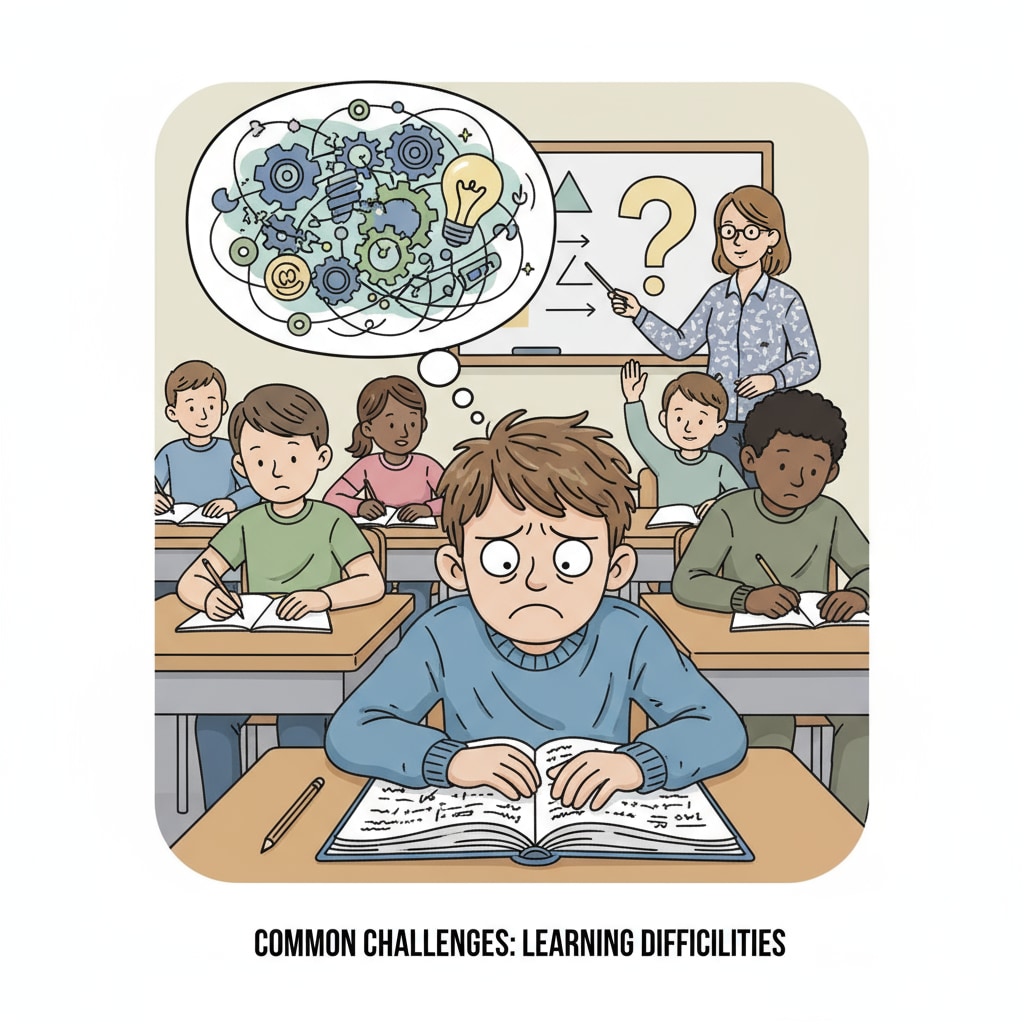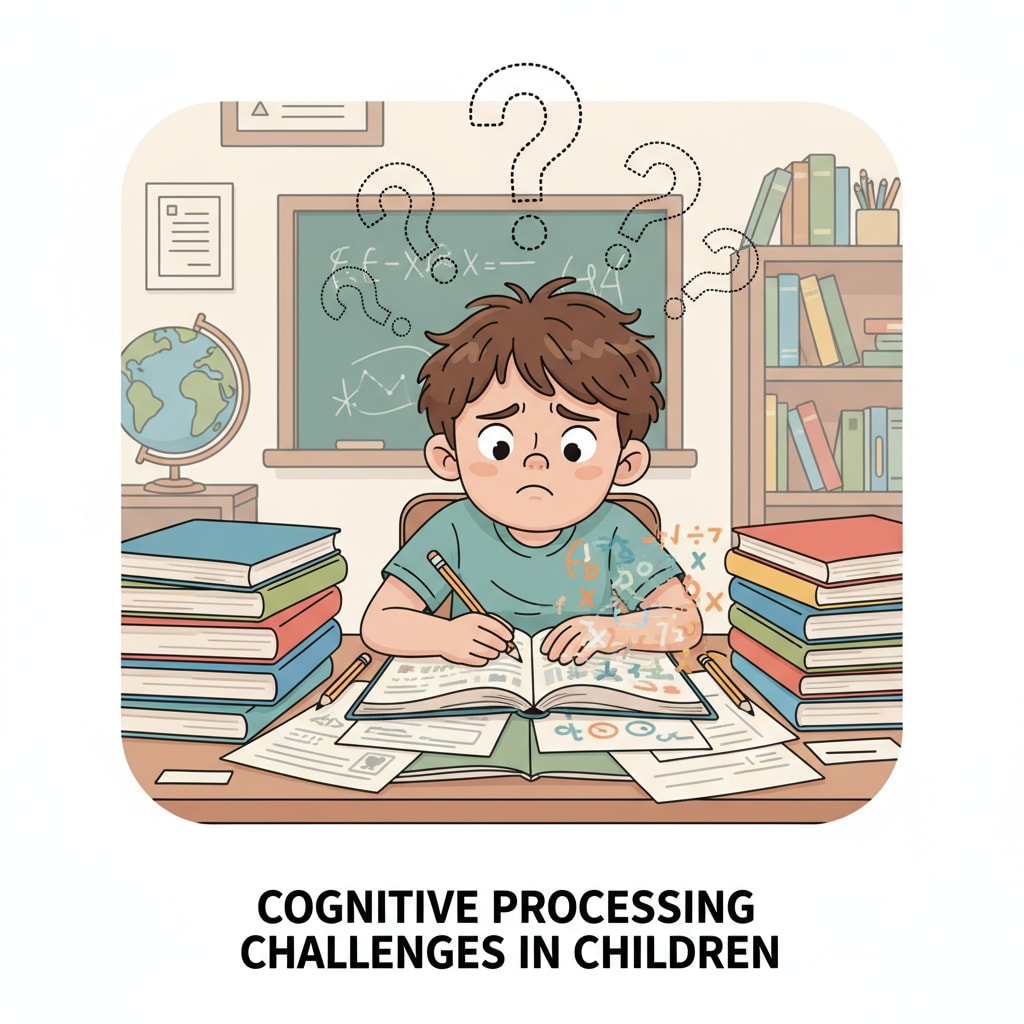Learning difficulties, cognitive disorders, and self-loathing are often hidden battles that many students in the K12 phase face. These students, who may seem normal on the surface, are actually grappling with internal turmoil that affects every aspect of their academic and personal lives.

For instance, a child with a cognitive disorder might find it extremely hard to process information, leading to repeated learning difficulties, which in turn can trigger self-loathing as they compare themselves unfavorably to their peers.
The Root Causes of Learning Difficulties and Cognitive Disorders
Learning difficulties can stem from various factors. According to Understood.org, some children have genetic predispositions that affect their brain development, resulting in cognitive disorders. For example, dyslexia, a common learning disability, makes it challenging for students to read and spell. In addition, environmental factors such as a lack of proper educational support or a chaotic home environment can exacerbate these issues. Children may not receive the individualized attention they need, which further hinders their learning progress.

The Vicious Cycle of Self-Loathing
As students with learning difficulties and cognitive disorders face repeated academic failures, self-loathing often sets in. They start to believe that they are “stupid” or “worthless” because they can’t keep up with their classmates. This negative self-perception becomes a self-fulfilling prophecy. For example, a student who constantly struggles with math may avoid the subject altogether, leading to even poorer performance. As stated by the American Psychological Association, this self-loathing can also impact other areas of their lives, such as social relationships and mental health.
To break this cycle, it is crucial for educators and parents to step in. They need to create a supportive environment where these students feel valued and understood. By providing targeted learning strategies and emotional support, they can help these children rebuild their confidence and regain their love for learning.
Readability guidance: This article focuses on presenting the complex issues of learning difficulties, cognitive disorders, and self-loathing in an accessible way. Short paragraphs and clear headings make it easier to understand. Lists could be added in future sections to further organize information. Passive voice is minimized, and transition words are used to connect ideas smoothly.


